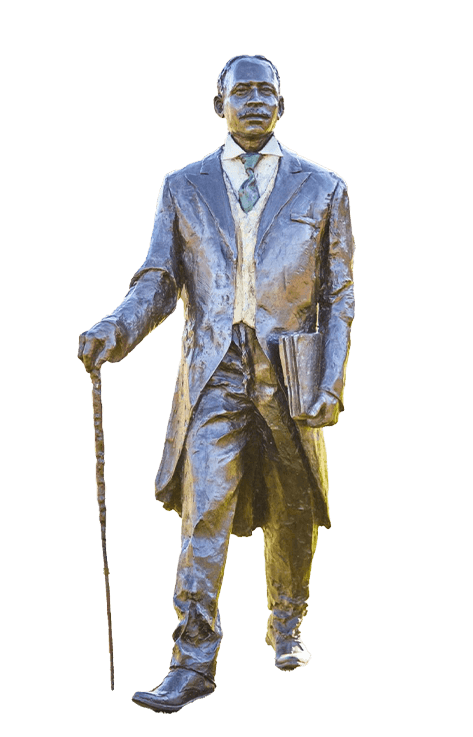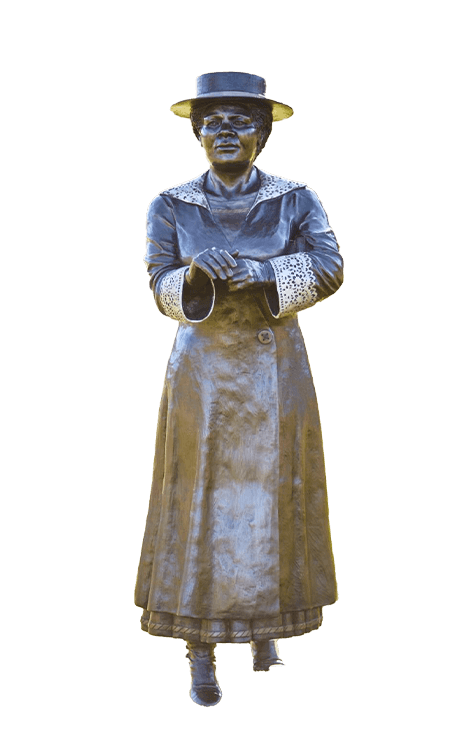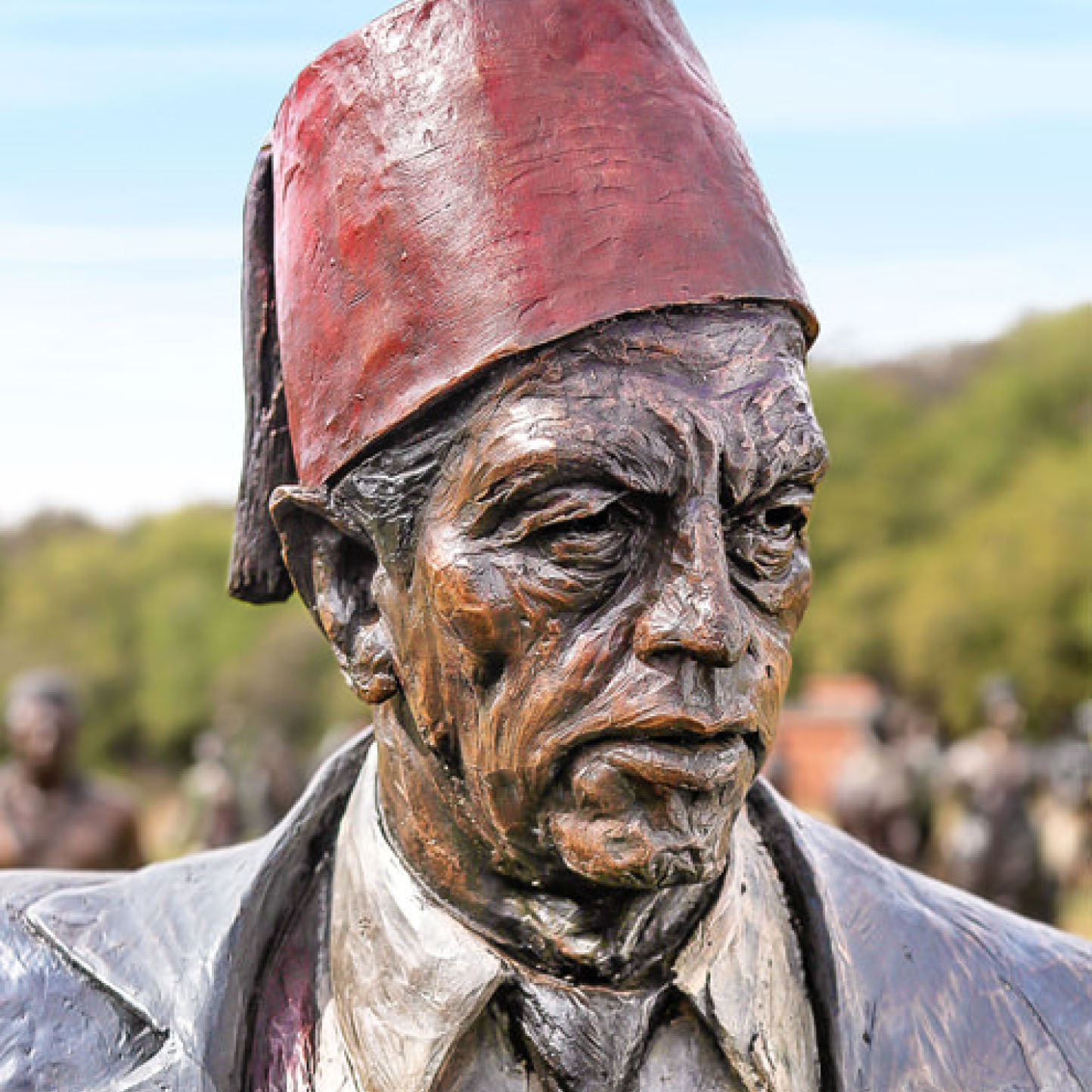
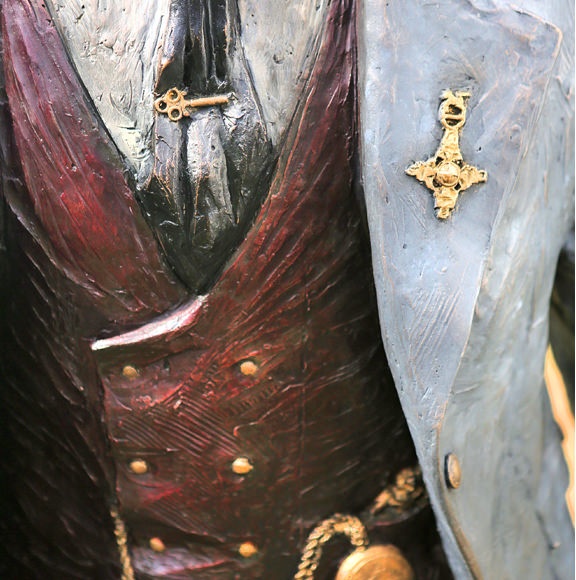
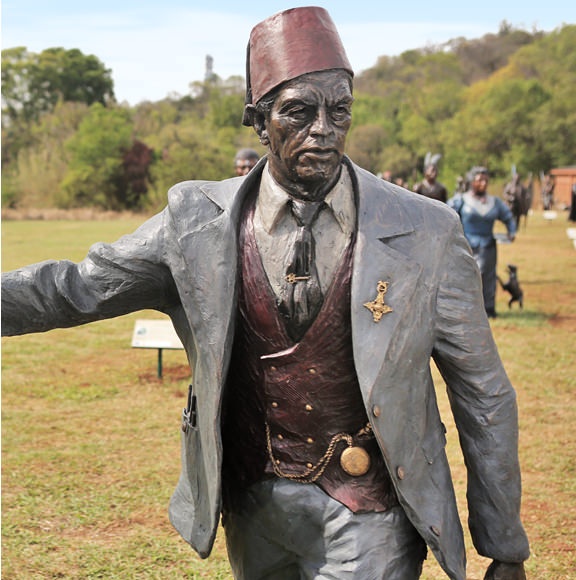
"I ask you is it right that having been born free, as we were, that we should be confined in locations in the north, be compelled to be indoors after 9 p.m., and not even own a dog, or a sheep or an ox without permission, and allow every alien, no matter what his social status may be, whether loyal or disloyal, to reside where he likes, trade and own land simply because he is white?"
Address given by Dr Abdurahman as reported in The South African News, 12 March 1904
Dr Abdullah Abdurahman
1872 – 1940
Doctor, President of the African People’s Organization, Life-long member of the Cape Town City Council and the Cape Provincial Council
Abdullah Abdurahman was born in Wellington, South Africa. His grandparents were slaves who had bought their freedom prior to emancipation in 1836. He was the son of a relatively affluent Muslim Cape Malay family and his father was a graduate of Al-Azhar University, Cairo.
After receiving a British education in Wellington and Cape Town, he went to Glasgow to study medicine in 1888, qualifying as a doctor in 1893.
Upon returning to South Africa he set up a thriving private practice in Cape Town. In 1904 he was elected Cape Town's first black city councillor, a position he held almost uninterrupted until his death. As city councillor he worked to improve the conditions of the Coloured community, especially through formal education, and he helped set up the first secondary schools for Coloureds in Cape Town, including the prestigious Trafalgar High School in District Six.
The greatest political achievements of Abdurahman's political life were connected to his involvement with the African Political Organization (APO). After the departure of its founder, Sylvester Williams, Abdurahman was elected president in 1905, his contribution to the party's success was so great that the party was often jokingly referred to as Abdurahman's Political Organization.
The party's goal was to fight the increasing racial oppression in the country, initially focusing on the rights of the Coloureds. Abdurahman led a delegation to London to secure franchise rights of the Coloureds, and joined Rubusana and Schreiner to petition the British parliament not to pass the South Africa Act in 1909.
Between 1927 and 1934, Abdurahman and the APO started working more closely with African and Indian political leaders, in an attempt to create a united front, but met with little success. By the mid-1930s other political formations, such as the more radical National Liberation League, led by his own daughter, had taken the initiative.
On 2nd February 1940, Abdurahman died of a cardiac arrest. His funeral was attended by over 30,000 people. His daughter, Cissie Gool continued his legacy, becoming an important political figure in her own right.
